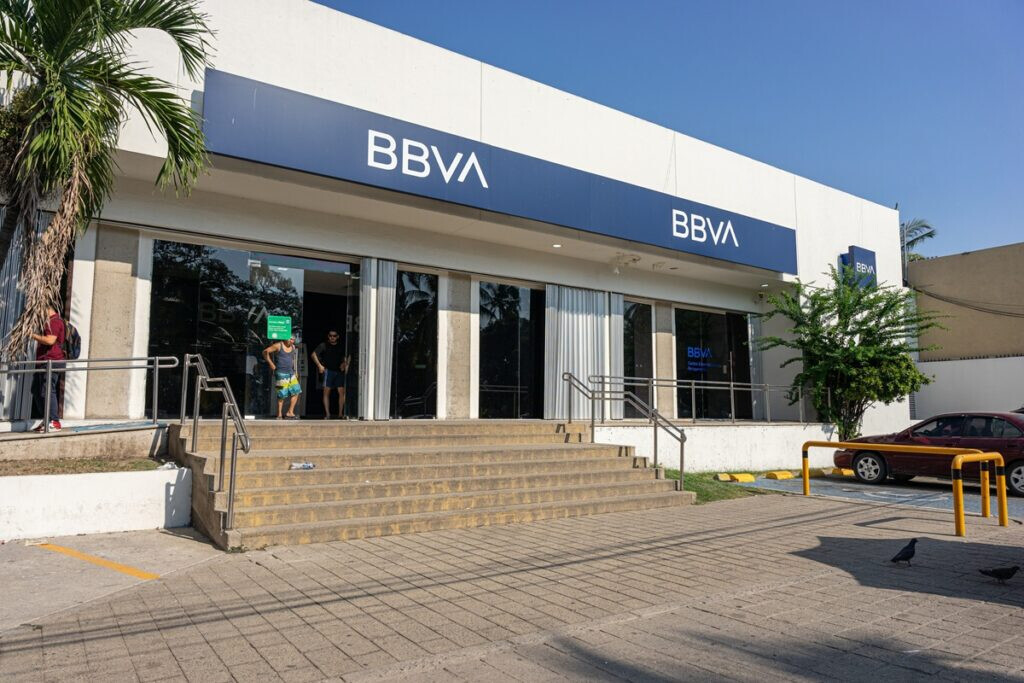
MEXICO CITY – BBVA customers in Mexico are facing unexpected account closures as the banking giant implements measures to comply with national financial regulations. Since March 21, the bank has been systematically closing accounts that have remained inactive for several months, specifically targeting those with zero balances and no activity for at least three consecutive months.
This move comes as BBVA seeks to align with Mexico’s Law on Transparency and Regulation of Financial Services, which mandates that financial institutions maintain up-to-date customer records and optimize their digital platforms. In a formal statement, BBVA clarified that the account closures are part of a broader effort to enhance the efficiency and compliance of its services.
The affected accounts span various types, including personal savings, business accounts, and dollar-denominated accounts commonly used in border regions. The bank emphasized that the closures are strictly based on the dual criteria of zero balance and three months of inactivity.
Concerns Rise: Potential Implications for BBVA Spain Customers
The situation in Mexico has prompted concerns among BBVA customers in Spain, who are now wondering if similar measures could be implemented in their region. However, the Bank of Spain has provided reassurance, stating that account closures are permissible only if explicitly stipulated in the customer's contract. Furthermore, Spanish banks are legally required to provide a minimum of two months' notice before closing any account.
In Spain, banks must return any positive balance to the account holder upon closure, and customers are responsible for returning associated payment instruments like cheque books or debit cards. As of now, BBVA Spain has not announced any plans for similar account closures.
Despite the reassurance, the developments in Mexico highlight a growing trend among financial institutions worldwide to enhance compliance and operational efficiency. This trend underscores the importance for customers to regularly review their account terms and conditions and maintain active communication with their banks.
[Copyright (c) Global Economic Times. All Rights Reserved.]






























